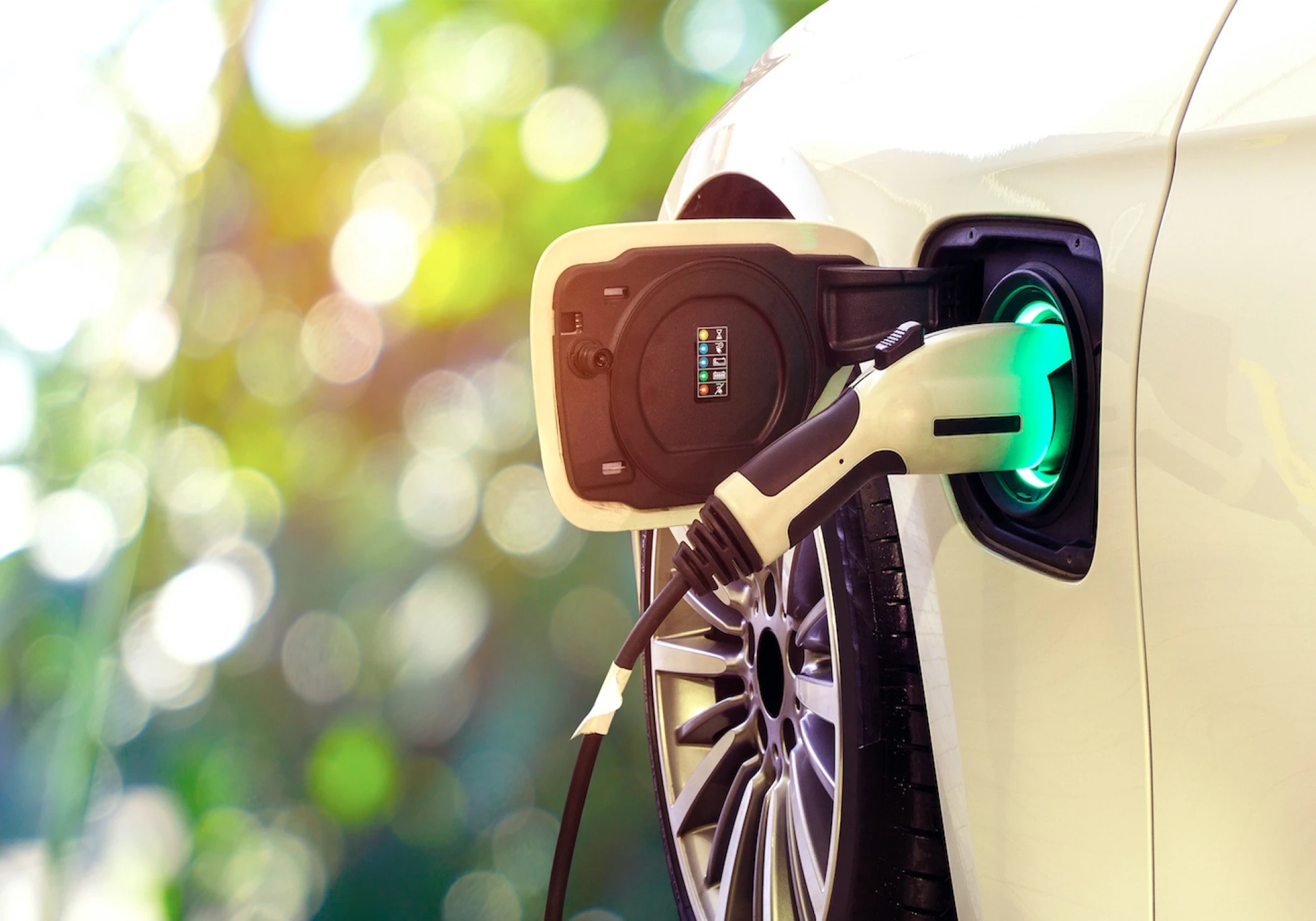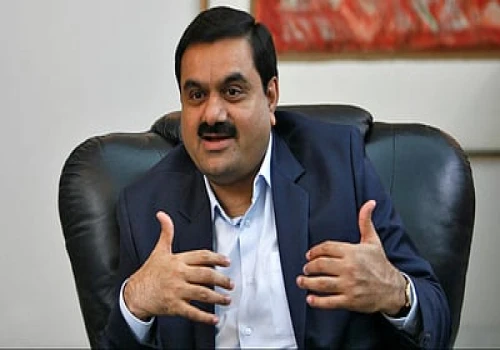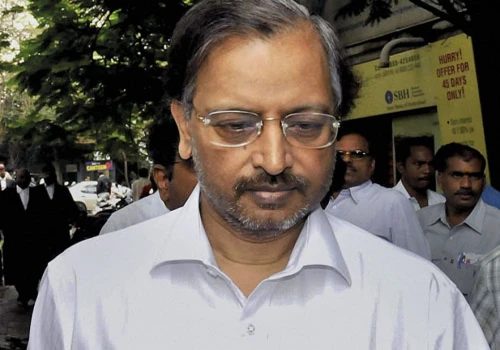
The Indian electric vehicle (EV) market is shifting gears, and Tata Motors is taking the lead. In a move that could reshape the country's automotive landscape, Tata is planning to import Jaguar Land Rover (JLR) electric cars under a newly introduced government policy. This policy aims to incentivize EV adoption by offering significant import duty concessions to carmakers who set up manufacturing units in India.
The Indian government, under Prime Minister Narendra Modi, recently approved this policy, offering a glimmer of hope for a sector still in its nascent stages. The policy promises substantial benefits for companies willing to invest at least $500 million in establishing domestic EV production facilities. A key perk? Reduced import duties – a major incentive for companies like Tata and potentially even Tesla, which has also expressed interest in the Indian market.
Under the new policy, car manufacturers can import a limited number of electric vehicles priced above $35,000 at a lower customs/import duty of just 15%. This marks a significant reduction from the current duty structure, which ranges from a hefty 70% to a staggering 100%, depending on the engine size and cost of the imported car.
This policy shift has sparked a flurry of activity. A recent government delegation meeting with car industry representatives saw participation from major players like Hyundai, Mercedes, and even Tesla. The presence of a Tesla representative at the meeting is a strong indication of Elon Musk's growing interest in the Indian market. Reports suggest Musk might announce a significant investment in the range of $2-$3 billion, with a focus on building a new manufacturing facility in India.
While Tesla readies its India plans, Tata Motors seems determined to be the first domestic automaker to leverage the new policy. As they finalize strategies to import JLR EVs from the UK, they are also simultaneously gearing up for local production by building a new JLR manufacturing plant in Tamil Nadu, estimated to cost around $1 billion.
This dual approach by Tata – importing EVs while establishing domestic production – reflects the current state of the Indian EV market. While demand for EVs is steadily growing (reaching 2% of total car sales in 2023), the domestic production infrastructure is still under development. The government's ambitious target of having 30% of new cars be electric by 2030 necessitates a multi-pronged approach, and Tata's strategy seems to acknowledge this reality.
The Indian government's new policy is a clear push towards a greener future for the country's transportation sector. By offering attractive incentives for EV manufacturing, the government aims to not only reduce dependence on fossil fuels but also create new jobs and boost the domestic auto industry.
The entry of major global players like Tesla, coupled with the proactive approach of domestic giants like Tata Motors, paints a promising picture for the future of electric vehicles in India. This confluence of international interest and domestic efforts has the potential to propel India into a major EV hub in the years to come.











